Professor Pier Marzocca PhD, FRAeS, FIEAust, CPEng, EngExec
Acting Director, RMIT Space Industry Hub and SmartSat CRC
Victoria Node
Professor Pier Marzocca has served as the Director of the Sir Lawrence Wackett Aerospace and Defence Centre at RMIT University since 2021. Professor Marzocca is also the Acting Director of RMIT Space Industry Hub and SmartSat CRC Victoria Node, and Program Leader for two Joint Chair with the Defence Science and Technology Group, the Joint Defence Chair in Structures and Materials Experimentation, and the Joint Defence Chair of Supersonic Propulsion and Flight Technologies. Prior to these roles, he held positions as Acting Deputy Dean (Research and Innovation) in the School of Engineering (2020/21) and as the Associate Dean of Engineering and Deputy Head of School in the Aerospace Engineering and Aviation Discipline (2015-2020) at RMIT University in Melbourne, Australia. Prof. Marzocca also served as an Assistant (2003-2009), Associate (2009-2014), and Full Professor (2014) in the Mechanical and Aeronautical Engineering Department at Clarkson University (USA), where he currently holds a Research Professor position. He earned his doctoral degree in Aerospace Engineering from Politecnico di Torino, Italy, in 2001, and worked as a Postdoctoral Researcher and Visiting Assistant Professor in Engineering Science and Mechanics at Virginia Tech (USA) from 2001 to 2003, with PhD visiting training at Virginia Tech (1999-2000).
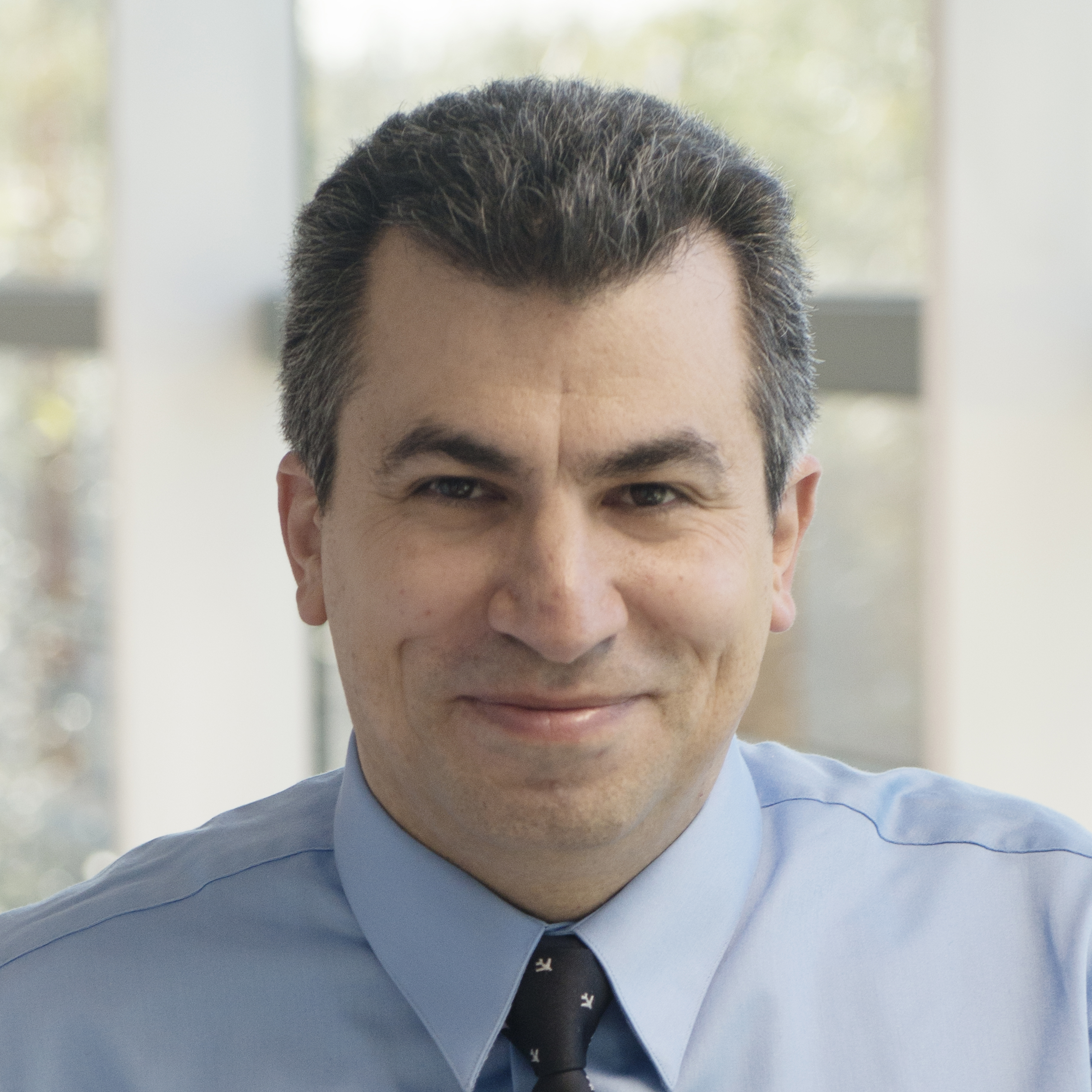 Professor Pier Marzocca
Professor Pier Marzocca
With a career spanning since 1996, Prof. Marzocca specializes in aeroservoelasticity, unsteady aerodynamics, structural dynamics and controls of advanced aerospace systems, encompassing active flow and aeroelastic controls of flexible structures, model-based and data driven system identification technique, digital twin/thread, structural diagnostics, prognostics, and load monitoring of defence assets supporting the NextGen sustainment ADF program. Prof. Marzocca leads or co-leads numerous research projects, securing over $30 million USD in funding from various government agencies, including the Australian Federal and State Government, Australian Research Council, DST Group, DSI, NSF, AFOSR, ARMY, ONR, DOE, EPA, and NYSERDA, as well as private foundations and industries such as Boeing, Lockheed Martin, GE, and Pratt & Whitney. Throughout his distinguished career, Dr. Marzocca has received several awards, including the Ralph R. Teetor Educational Award and the Forest R. McFarland Award from SAE. He has been recognized with the ONR ASEE Senior Faculty Fellowship Award, the Inaugural Research Excellence Award, and the Outstanding New Teacher Award from Clarkson University, as well as the "Antonio Bertolotti" Award from Politecnico di Torino.
As a Fellow of the Royal Aeronautical Society (Australian Division) and Associate Fellow of AIAA, Professor Marzocca continues to contribute significantly to the aerospace community. He serves as the Deputy Editor-in-Chief of the International Journal of Aeronautical and Space Sciences, and holds the position of Associate Editor for the ASCE Journal of Aerospace Engineering and the Journal of Thermal Stresses. With a prolific publication record, he is the author and/or co-author of over 500 papers and has reviewed more than 50 national and international journals and books.
Link to broader profile.
Zara Hamon, MBA GAICD
Manager, Space Industry Hub and SmartSat CRC
Victoria Node
Zara has extensive commercial experience across both STEM and HASS disciplines gained in the public, private and institutional sectors. She actively promotes interdisciplinary collaboration and has strong stakeholder engagement skills aimed at bringing academics together with industry to develop and deliver impactful solutions. Zara spent 8 years at Monash University developing their end-to-end Defence capabilities and is currently the Manager of the RMIT Space Industry Hub and the SmartSat CRC Victorian Node. She has a strong interest in growing and developing the Victorian Space and Defence ecosystems. Zara holds an MBA and is a graduate from the Australian Institute of Company Directors.
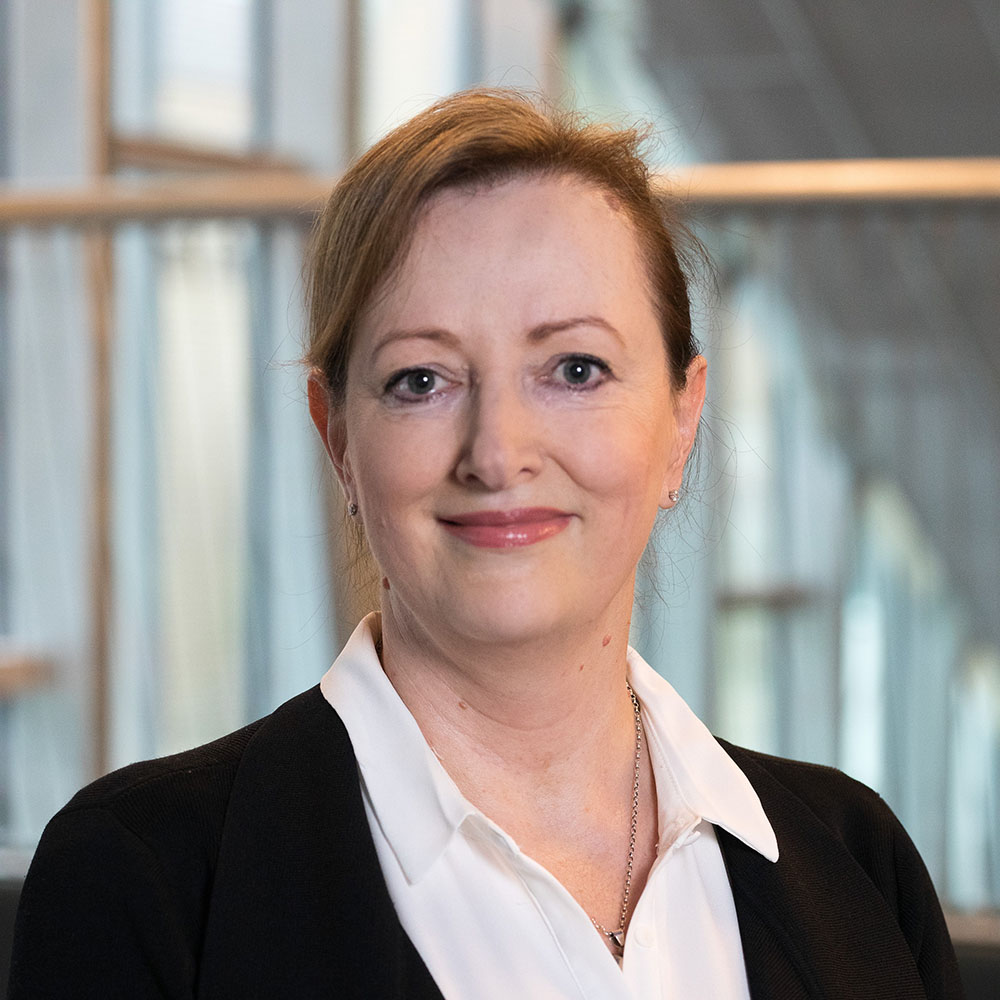 Zara Hamon
Zara Hamon
Advanced space communication connectivity and IoT technologies

Expertise across hardware and software design in the fields of various fields including: antennas for satellite communication, RF /microwave transceivers, radar systems including synthetic aperture radar (SAR), satellite communication systems design and interference analysis, IoT over satellite and signal processing and analysis for satellite communication systems.
Research leads
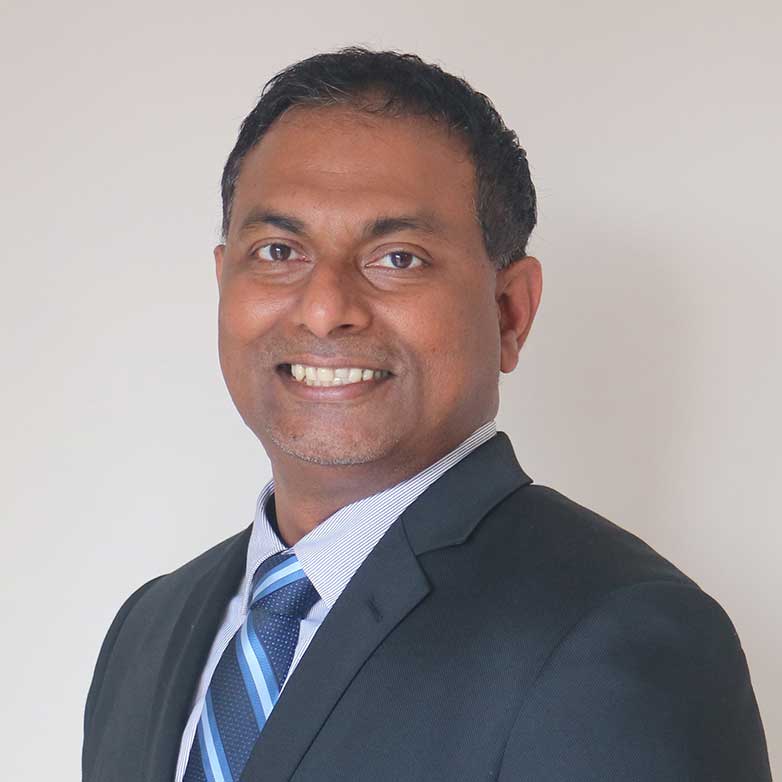
Kandeepan Sithamparanathan
Kandeepan Sithamparanathan is a professor in Electronics and Telecommunications in the School of Engineering. His areas of expertise include communication engineering, signal processing and network engineering for satellite and wireless communication.
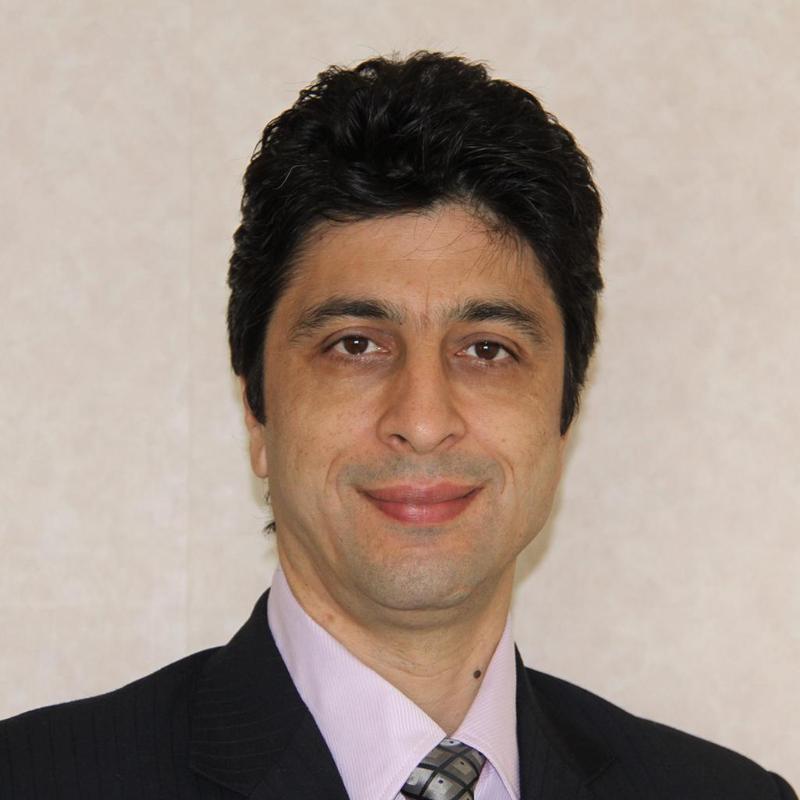
Professor Kamran Ghorbani
Dr Ghorbani’s areas of interest include: dielectric measurements, composite material structures, frequency selective surfaces, metamaterials, RF energy harvesting, radar systems, ferroelectric devices and Multifunctional antennas.
Advanced satellite systems, sensors and intelligence
Space is the next key frontier for science and engineering, and RMIT is the University best placed to drive the Australian charge to space. RMIT has a unique position as the only Australian university with practical expertise across all facets of the emerging multi trillion dollar space industry. To utilise space requires a paradigm shift beyond single, large satellites. In collaboration with industry and government partners, RMIT is already developing new space platforms: constellations of autonomous, resilient and intelligent satellites, incorporating new generations of advanced sensors, including the latest quantum technologies. We are also leading in the design, manufacture, deployment, launch, and operation of space systems. As a member of the International Astronautical Federation with a close association with the International Academy of Astronautics, RMIT has gained international recognition for its innovative space research and contribution to space sciences.
The future is space, and RMIT is leading the way, training the next generation of space scientists and engineers, and developing the technologies to get us there.
Research leads
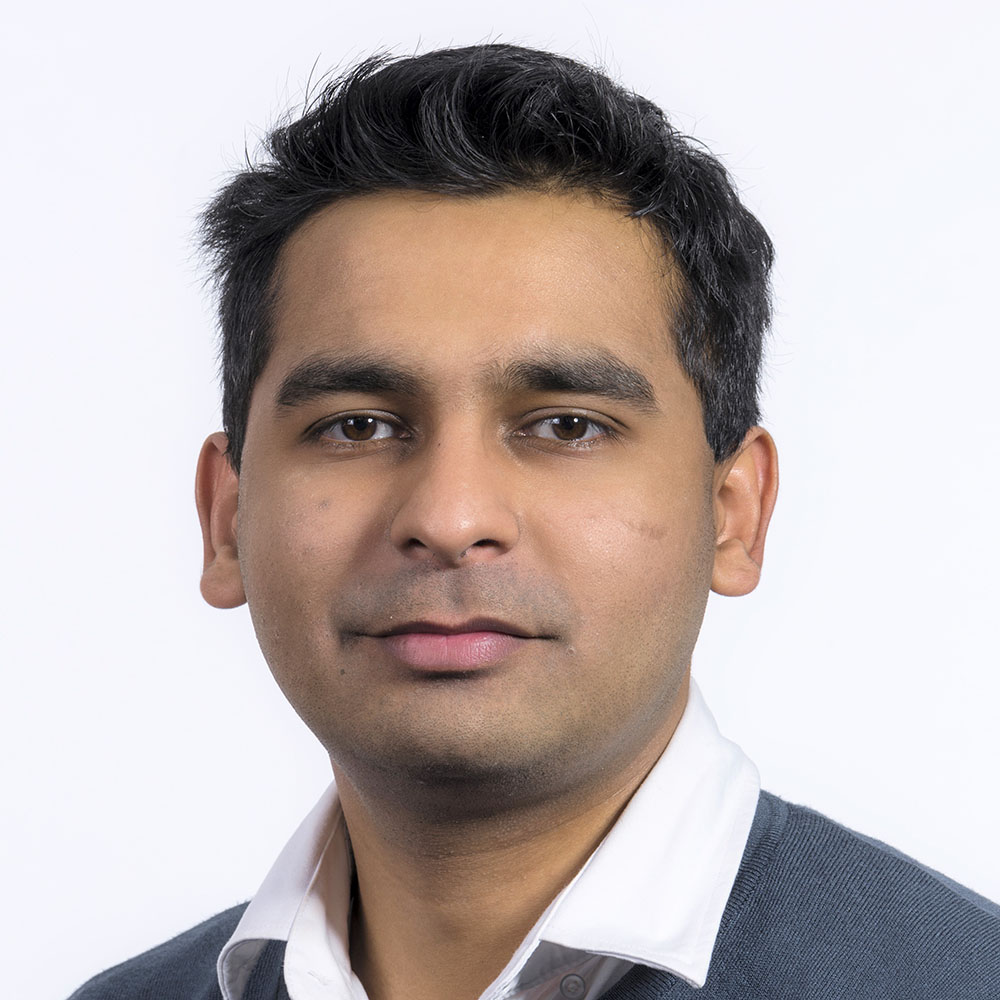
Professor Sumeet Walia
Sumeet is a Professor in the School of Engineering. His expertise lies in engineering small scale materials and deploying them for applications in next-generation electronics, optoelectronics and sensors. The impact of his work spans across disciplines ranging from smart health and environmental monitoring to nanoscale electronics. His work has been recognised through several awards for innovation and impact which include being named one of the Top 10 Young Innovators in APAC, Victorian Young Achiever for Research Impact and Australia’s most Innovative Engineers.
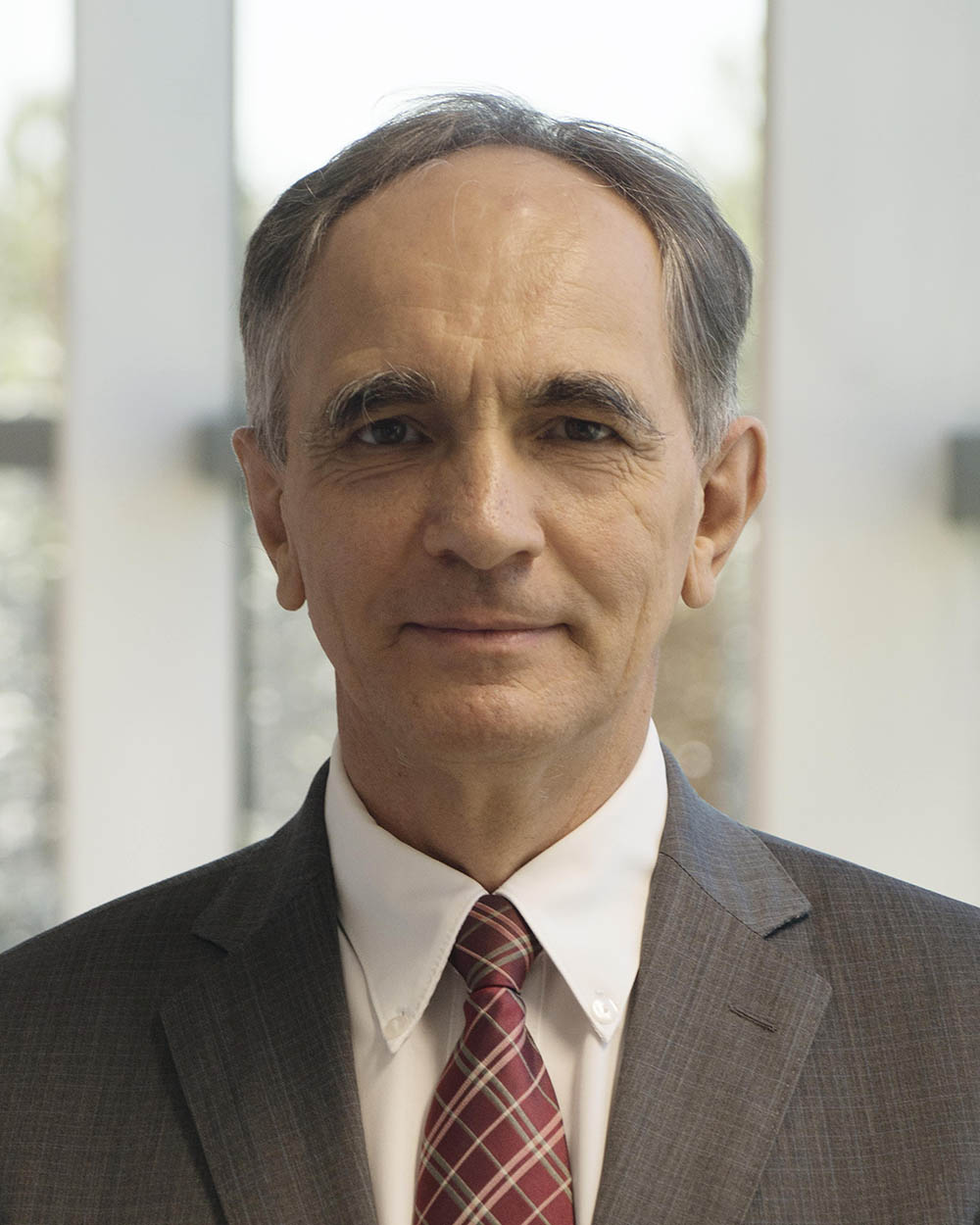
Professor Pavel Trivailo
Pavel is Professor of Aerospace Engineering, School of Aerospace, Mechanical & Manufacturing Engineering (SAMME), RMIT.
Next Generation earth observation services
RMIT's Earth Observation (EO) research spans every level of our space and spatial environment: from mapping change in the earth's natural and built environments; sensing weather and early warnings in our atmospheric environments; protecting critical infrastructure in orbital and deep space; to monitoring and assessing the impacts of climate change across our whole planet.
RMIT's award winning research teams bring interdisciplinary critical mass to impactful applied research problems across the breadth of key areas in EO, including: environmental monitoring and sustainability; geospatial intelligence; positioning, navigation, and timing; aerospace engineering; space situational awareness; space policy and space law; and the social, global, and ethical dimensions of EO.
Research leads
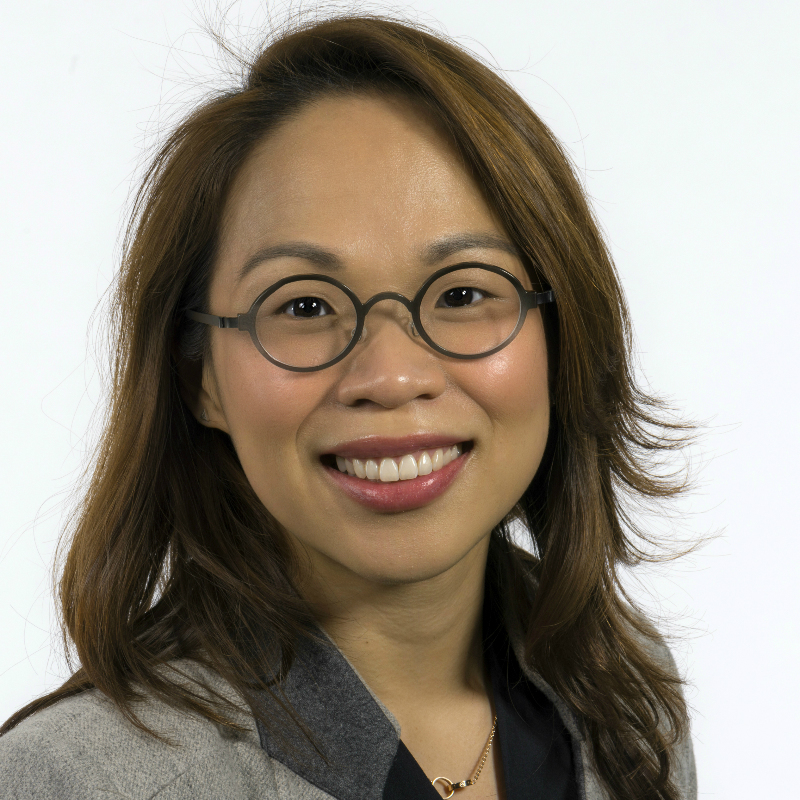
Suelynn Choy
Suelynn Choy is Professor of Geospatial Science and Satellite Navigation in RMIT University. Suelynn is also the Director of the RMIT Satellite Positioning for Atmosphere, Climate and Environment (SPACE) Research Centre, and lead of the Space and Spatial Capability Cluster@RMIT, SASCCAR network.
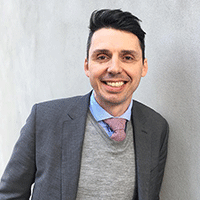
Matt Duckham
Matt is Professor in Geographic Information Science at RMIT University, in the School of Science, Geospatial Sciences discipline. Matt's background is in computing and AI using geospatial data for applications such as environmental monitoring, emergency response, and GEOINT (geospatial intelligence).
Space Manufacturing processes and materials
RMIT has deep capability and experience in the design, simulation, manufacture and assessment of structures for space. This experience extends across the technical readiness levels with orbiting operational satellites using chassis and other components produced within the RMIT Additive Manufacturing Centre.
Research leads
Milan Brandt
Milan Brandt is Distinguished Professor in Advanced Manufacturing in the School of Engineering, Director RMIT Digital Manufacturing Facility and Director RMIT Centre for Additive Manufacturing, which he established in 2014 to further increase the adoption of additive manufacturing technology locally and train the next generation of engineers in the technology.
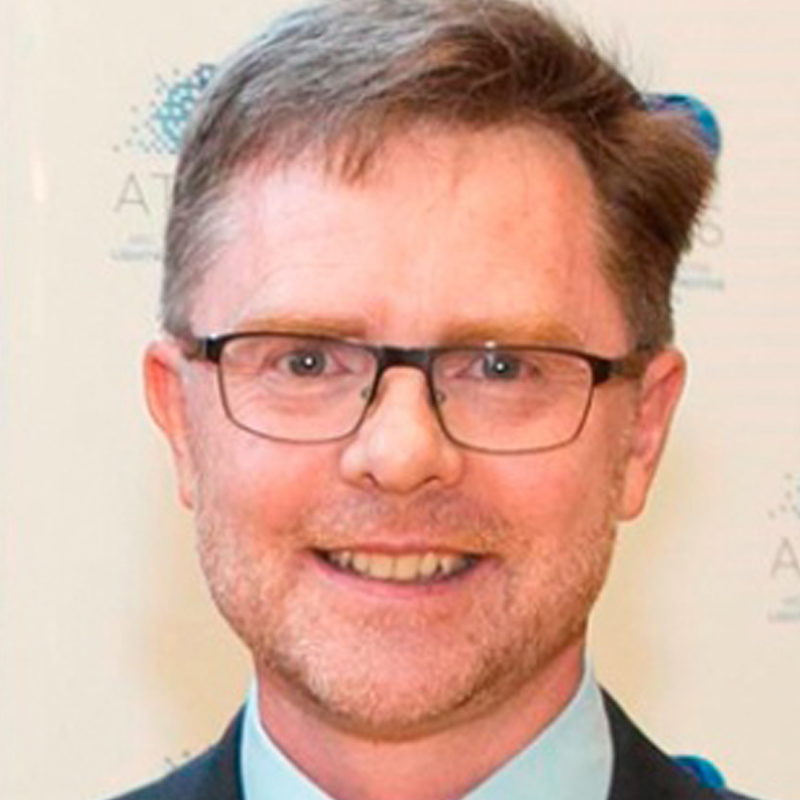
Stuart Bateman
Stuart Bateman is a Professor in Advance Materials and Manufacturing in the School of Engineering and The Boeing Professor of Aerospace.
Cyber and Data Analytics
Driving R&D innovation in data analytics and cybersecurity in space & spatial applications for accelerating the maturation of the Australian space industry to achieve international competitive advantage focusing on large scale computation, industry incubators, and scale free modelling.
Research leads
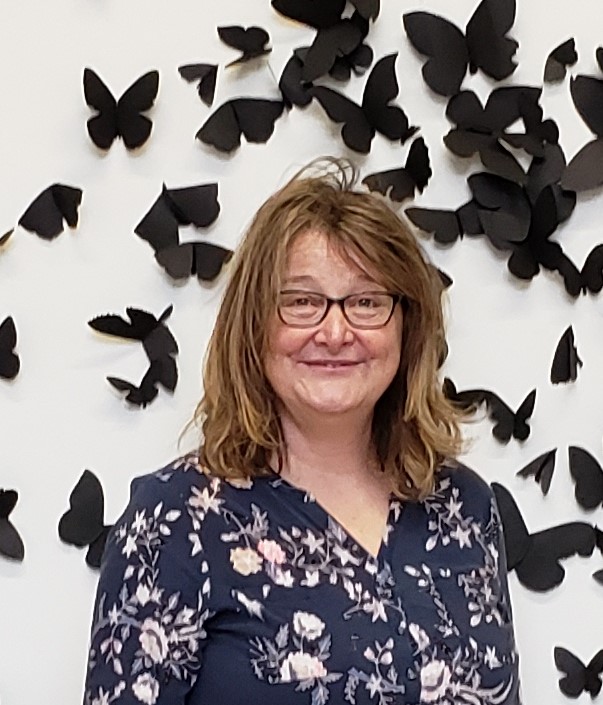
Monica Wachowicz
Dr. Wachowicz is a Professor in Data Science at RMIT School of Science in the RMIT STEM College. She is also the Associate Dean of Geospatial and the Cisco Innovation Chair in Big Data. Dr. Wachowicz is a world-renowned expert in Data Science, with a unique multidisciplinary background in Geography, Geomatics Engineering and Computer Science.
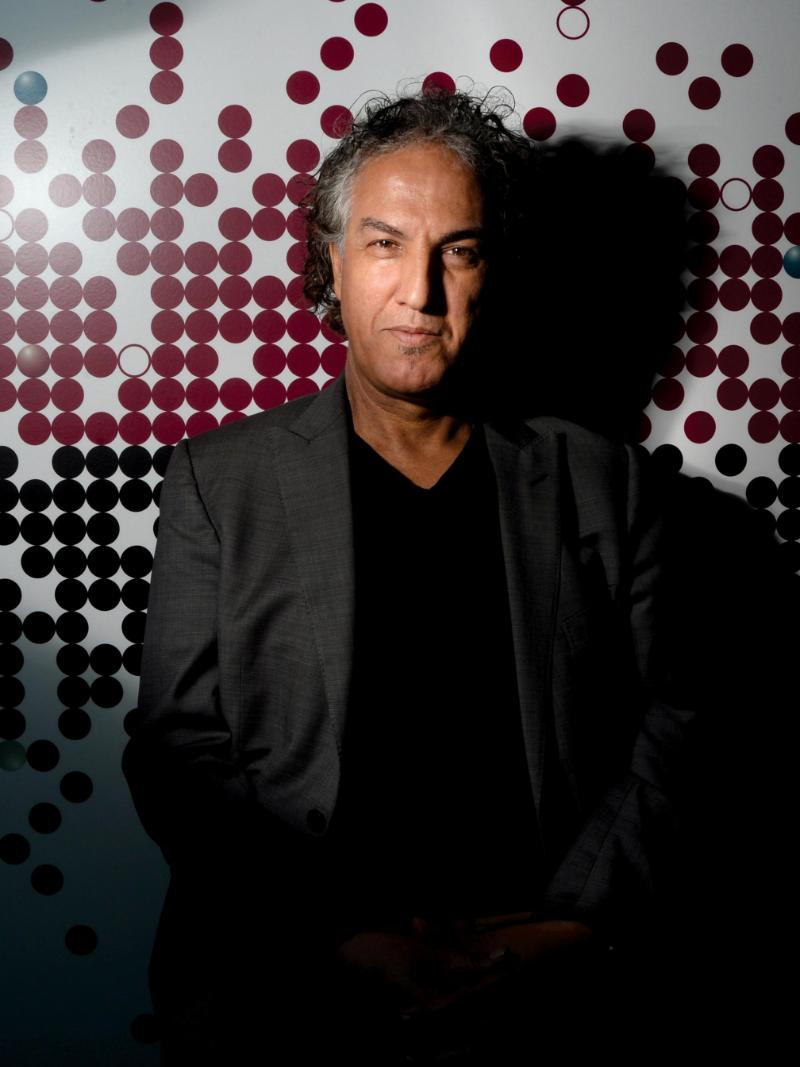
Zahir Tari
Zahir Tari is a Full Professor in Distributed Systems at RMIT University and the Research Director of the Centre of Cyber Security Research and Innovation (CCSRI).
Spaceflight operations
RMIT University conducts research and provides training facilities and education in a range of fields related to spaceflight operations. This capability includes Space Physics, Space Weather, Space Food and Microgravity experimentation. We provide flight controller training in the Mission Control Training Centre, including the prediction of space weather events. In addition, at RMIT we build electromagnetic shields to protect against space radiation and provide the testbed for the microgravity experiments in Australia.
Research leads
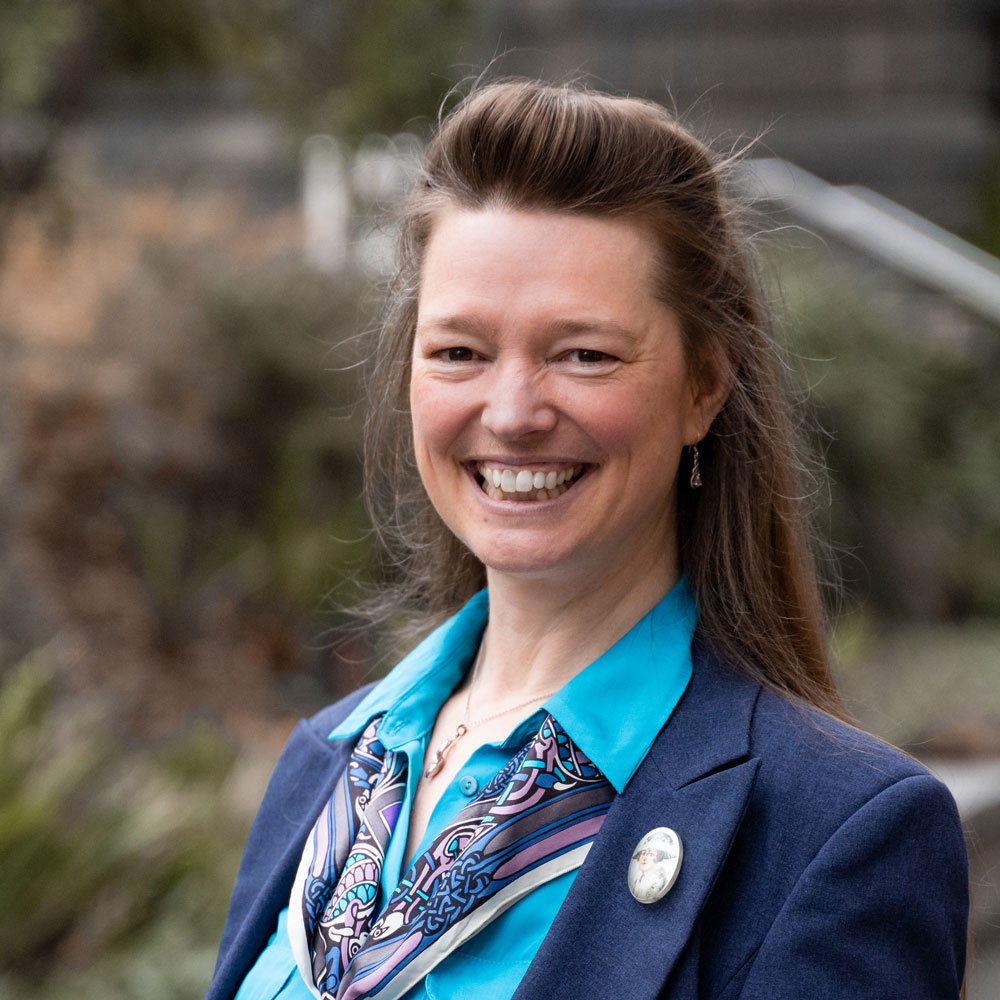
Dr Gail Iles
Gail Iles’ research focuses on the uses of radiation as both a characterisation tool and in its interactions with spacecraft and astronauts.
Gail is a specialist member of the NASA Human Research Program Working Group and technical advisor for the Australian Space Agency for Life Sciences and Space Medicine Group.
Gail worked with European Space Agency as an ISS Expedition crew trainer and has extensive time spent experimenting in microgravity, having amassed over 500 parabolas onboard the ESA parabolic flight programme including the moon and Mars gravity.
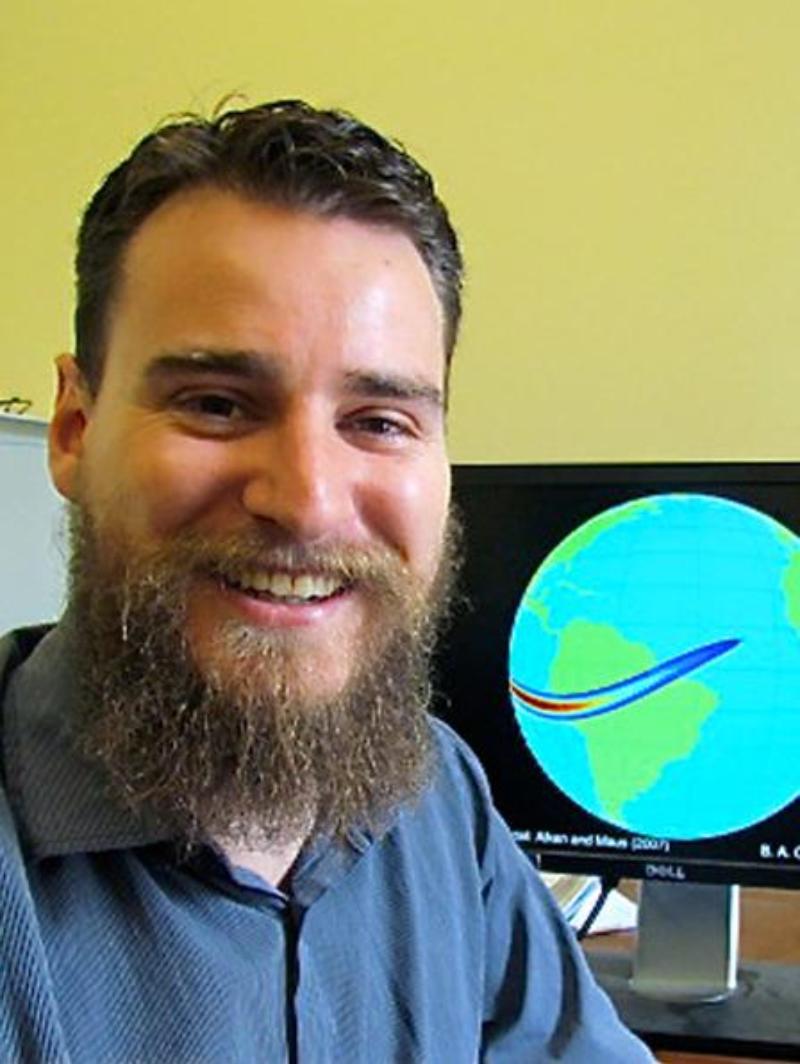
Associate Professor Brett Carter
Brett’s research is on space weather and its impacts on modern technologies, including GPS, electricity infrastructure and satellite orbits.
Space life sciences
psychological changes during spaceflights to maintain health and increase the quality of life of astronauts on long-duration space missions. The RMIT has key strengths in the fields of nutrition, food technology, sensory science, cognitive and behavioural sciences, biosciences, biomedical, health, physiology, biosensors, artificial intelligence, and digital technologies to build an interdisciplinary team with a world-class capability. As understanding human behaviour is complex and multifaceted, the Hub will connect across a range of disciplines to broaden the scope and increase the ecological validity of the research outcomes.
Research leads

Dr Julia Low
Dr Julia Low is a sensory, consumer and nutrition scientist. She has a multidisciplinary background in psychology, nutrition, and sensory science, and is specifically interested on understanding ways to make the eating and drinking experience more enjoyable. She is also interested in multisensory flavour perception, eating barriers to sustainable foods, and consumer choice behaviour – specifically on how digital technologies and education tools can be used to enhance how we feel about different foods and drinks.
Her research training in sensory science spans across psychophysics, a varied range of sensory and consumer measurements and nutrition research.
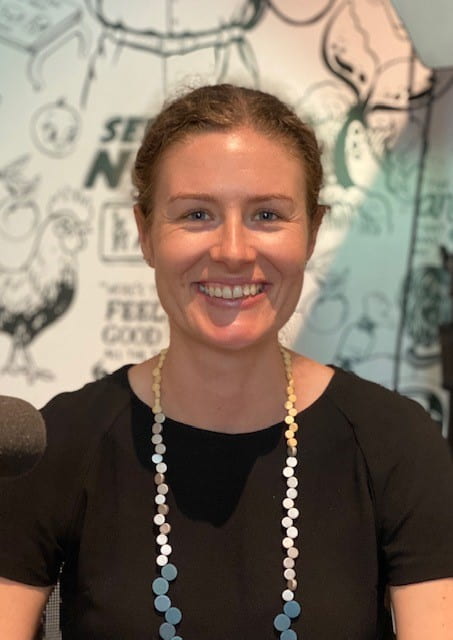
Dr Lisa Newman
Dr Lisa Newman is lecturer in the School of Science. Lisa has a background in nutrition and food science, specifically sensory science. She is interested in how our senses (taste, smell, vision etc) effect food selectivity, dietary behaviours, appetite, nutritional quality of our diets and our overall health. She is also interested in multisensory flavour perception and consumer choice behaviour including the use of digital technologies.
Space systems design, mission design and space transportation
Access to space and the operation of assets in space represents a major engineering challenge. It requires solving complex problems involving inputs from multiple disciplines and expert domains. Space system design solutions must be functional, safe, reliable, cost effective, and environmentally responsible.
Research leads
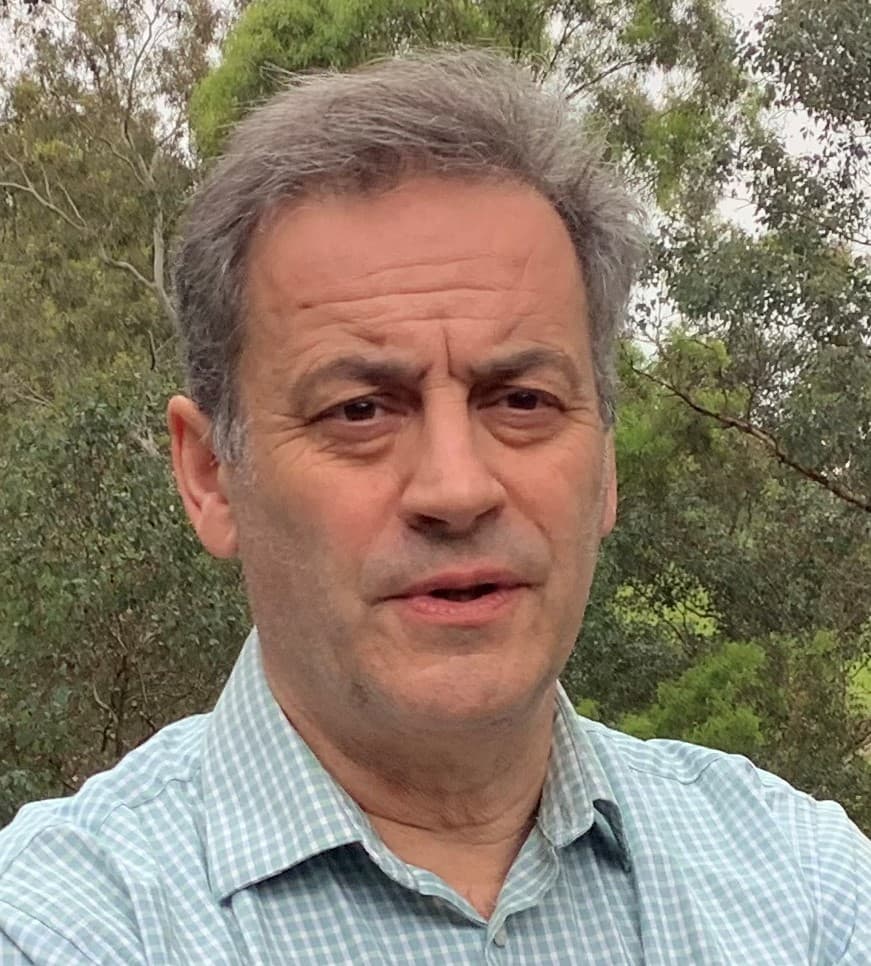
Dr Graham Dorrington
Ph.D. Cambridge (UK), 1989; held research fellowships with European Space Agency and Alexander von Humboldt foundation; alumnus of International Space University, co-founder Lunaria One Pty Ltd.



